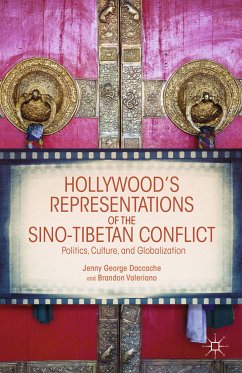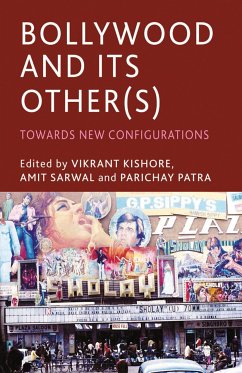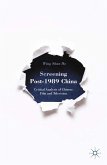Dieser Download kann aus rechtlichen Gründen nur mit Rechnungsadresse in A, B, BG, CY, CZ, D, DK, EW, E, FIN, F, GR, HR, H, IRL, I, LT, L, LR, M, NL, PL, P, R, S, SLO, SK ausgeliefert werden.
"This provocative new volume is an important part of a growing literature on the ever-changing role that film, particularly Hollywood film, is playing in an increasingly globalized and inter-connected world, where political impulses and economic interests are often contradictory, and powerful nationsare competing to enhance their "soft power". Addressing an issue that is almost always polarizing, the authors manage to analyze dispassionately the viewpoints of the major players, providing a detailed and well-balanced account. The history of Hollywood's representation of the Sino-Tibetan conflict and how such representation has changed over time is used to reveal how the rise of China and the Chinese film market has compelled Hollywood to shift from an 'Orientalist' political agenda to a 'China friendly' model that will enhance the industry's bottom line, thus offering the reader important insights into such issues as the Sino-American relationship and the role of culture in shaping public opinion." - Stanley Rosen
professor, Birnkrant University of Southern California









